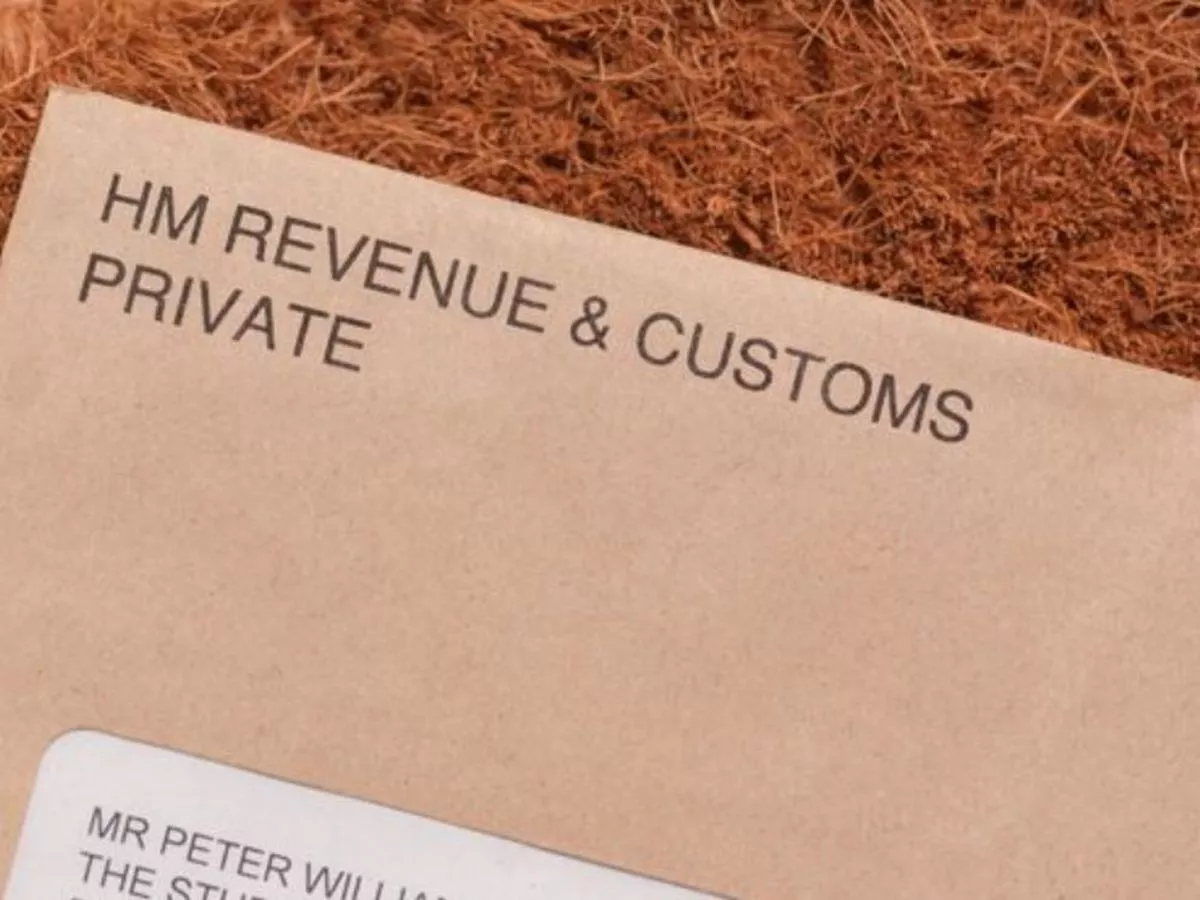By James Rodger
600,000 HMRC penalties have been issued to low-income earners who owe no tax. Since 2020, HMRC – the Labour Party government’s tax arm – has issued 600,000 people who owe no tax with late-filing penalties. The penalties start at £100, but can snowball into four- and five-figure debts. Dan Neidle, a tax expert, has warned one woman with severe mental-health difficulties was pursued for £10,000. The previous Conservative Party government promised to scrap the penalty for a single missed return and cap any bill at £200. Mr Neidle, from Tax Policy Associates , warned: “It’s unjust. The Government should act, and stop the most vulnerable in society having their lives made harder by HMRC.” READ MORE Over one million UK households with driveways told to spend £30 in July Mr Neidle spoke to one UK household who has been charged £9,595 for late penalties, despite suffering from mental health issues for years and earning more than a few thousand pounds – well below the personal allowance. Rroughly 600,000 penalties have been charged to taxpayers with no income tax liability. If you register after 5 October and do not pay all of your tax bill by 31 January, you’ll get a ‘failure to notify’ penalty. This penalty is based on the amount still left to pay and you’ll receive it within 12 months after HMRC receives your Self Assessment tax return. You’ll get the following late filing penalties: an initial £100 penalty then after 3 months, additional daily penalties of £10 per day, up to a maximum of £900. Then after 6 months, a further penalty of 5% of the tax due or £300, whichever is greater. Then after 12 months, another 5% or £300 charge, whichever is greater. You’ll get penalties of 5% of the tax unpaid at 30 days and 6 months as well as 12 months. Tax Policy Associates said: “The Low Incomes Tax Reform Group asked HMRC last year to find ways of implementing earlier, for example by using its discretionary powers to waive penalties for people missing a deadline for the first time. “We agree.”
